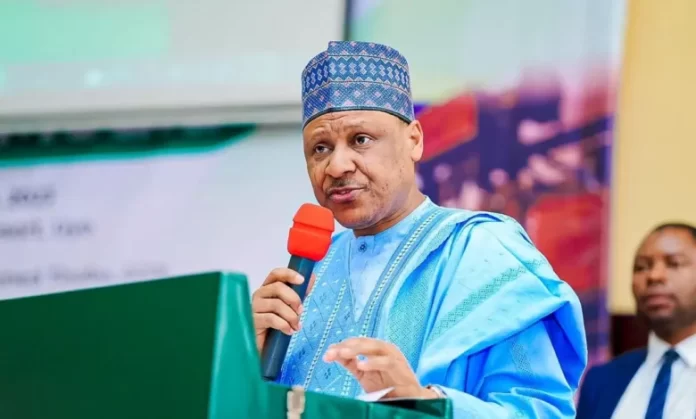Federal government has revealed that advancement in waste management practices contributed to the 3.2% growth in GDP and the creation of 1.6 million additional jobs annually.
The announcement was made during the launch of a new task force by the National Association of Scrap and Waste Dealers Employers of Nigeria, NASWDEN, aimed at tackling illegal activities and the vandalism of public infrastructure.
The task force seeks to curb the sabotage of public assets, which threatens economic progress, while promoting sustainable waste management practices.
Speaking, the Minister of Information and National Orientation, Mohammed Idris, represented by his Special Assistant on Research & Strategy, Saidu Ahmed, highlighted the initiative’s role in strengthening ties between citizens and governmental responsibilities.
The Minister of Environment, Balarabe Abbas, noted that Nigeria generates an estimated 32 million tons of solid waste annually.
He attributed the economic growth to improved waste management strategies, which have also reduced imports by 4.4 billion euros and enhanced trade balance.
Abbas emphasized the need for ongoing collaboration to address sectoral challenges and sustain progress.
NASWDEN announced plans to embark on a national stakeholder tour to engage government agencies, private organizations, and international partners.
This, it said, will culminate in Nigeria’s first National Waste Management Workers Summit in early 2025, designed to foster cooperation, increase productivity, and create more jobs in the waste management sector.
Alhaji Akilu Hassan Mohammed, Chairman of NAK Steel Rolling Mills Company Ltd., commended the Katsina State government and President Bola Ahmed Tinubu’s administration for supporting policies that enhance waste recycling and management.
He also commended the Ministry of Environment for driving growth in the sector.
The initiative underscores the government’s commitment to leveraging waste management to drive economic growth and sustainability, even as challenges in the sector remain.
The task force is expected to play a critical role in ensuring public infrastructure is safeguarded and national development goals are met.





